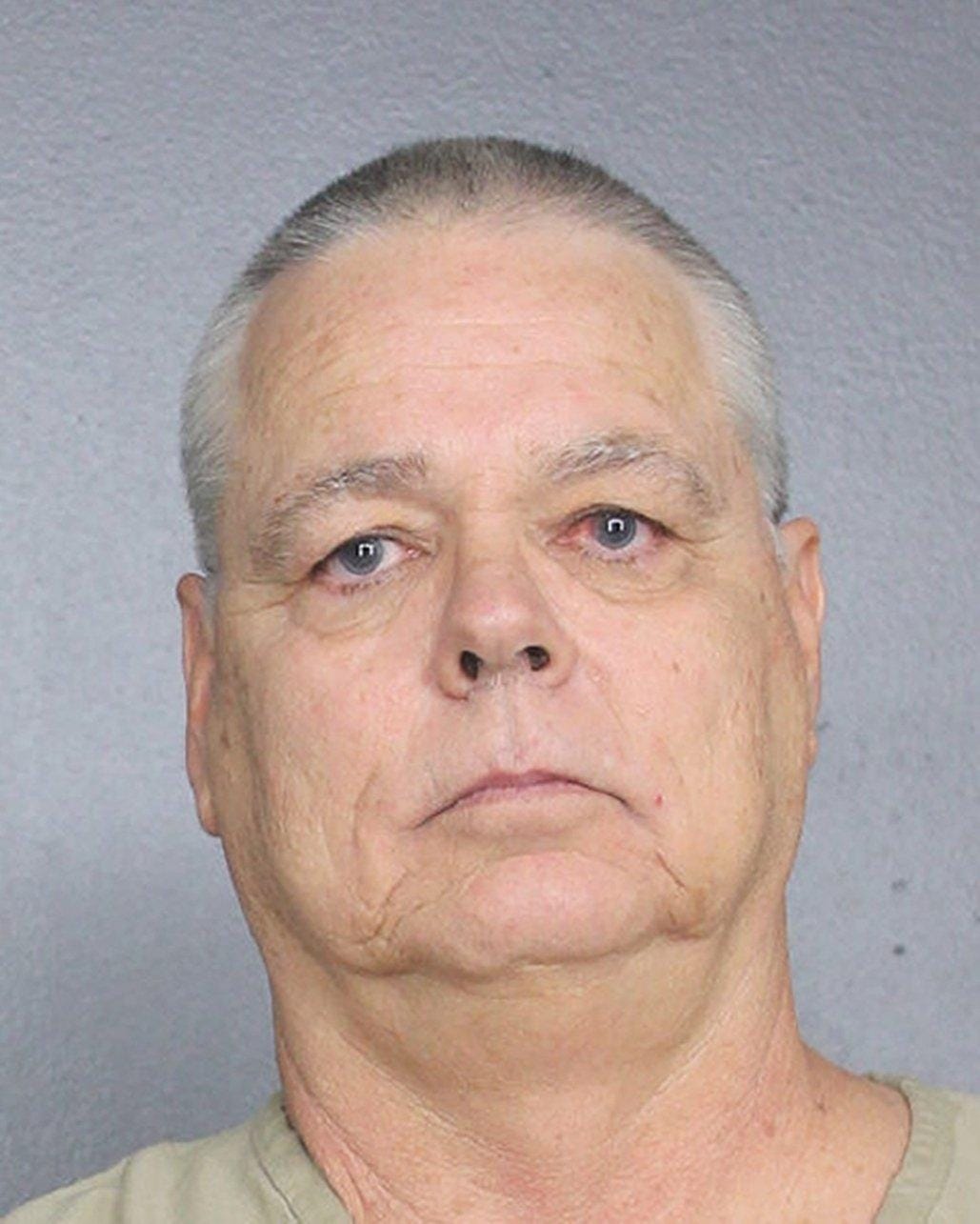![Scot Peterson [Broward County Sheriff’s Office via TNS]](http://127.0.0.1/wordpress/wp-content/uploads/2022/01/ghows-DA-8b86a39b-68fc-5926-e053-0100007f87f2-abfbfbd1.jpeg)
The recent arrest of former Broward Sheriff’s deputy Scot Peterson is one more gut-churning, grief-extending chapter of the 2018 massacre at Parkland’s Marjory Stoneman Douglas High.
Not only is the confessed shooter facing trial, but now so is the armed school resource officer who remained outside instead of rushing in while one gunshot after another rang out.
Fourteen students and three staff members died. Seventeen others were wounded. The nightmare, already analyzed second-by-second by investigators, will at least twice more be reconstructed — and relived by survivors — in a courtroom.
After a lengthy investigation by the Florida Department of Law Enforcement, Peterson stands accused of 11 charges, including child neglect, culpable negligence and perjury.
Never before has a law-enforcement officer been prosecuted in such a case, and the chances seem slim that anything except a perjury conviction would be upheld by an appeals court. Nonetheless, some parents of the young victims hailed Peterson’s arrest.
Fred Guttenberg, whose daughter Jaime died at the high school, addressed the ex-deputy on Twitter: “I have no comment except to say rot in hell. You could have saved some of the 17. You could have saved my daughter…”
It’s easy to understand how any family member would burn with anger while watching the security videos of Peterson’s actions — or tragic lack thereof.
He looked scared. He was shouting frantically into his radio, but moving away from the gunfire, not toward it. According to the FDLE, he told arriving officers to stay 500 feet away from the 1200 building, where the killings were taking place.
The tape loops of Peterson hovering in the shadows are infuriating to watch, but prosecutors can’t build a solid case on a community’s outrage. Eventually a jury will be facing dry questions of law, such as: Is it actually a crime for first-responders to make bad decisions, or to show a lack of bravery?
A panel investigating the Stoneman Douglas tragedy already has exposed the slow, unorganized deployment of officers from several agencies. Then-Broward Sheriff Scott Israel lost his job as a result.
Peterson’s failure was only one part of what went wrong.
The FDLE reported the victims on the first floor of the 1200 building already had been shot by the time Peterson arrived, but that he had time to run upstairs to the third-floor and confront the 19-year-old gunman.
While Peterson did nothing, five more persons died and four others were wounded on that floor.
Still, the type of charges filed against the ex-deputy will be hard to prove. Almost all child-neglect cases involve caregivers, and there’s not much legal precedent for putting law-enforcement officers in that category.
Likewise, culpable negligence isn’t a charge often leveled against cops in the line of duty, even when fatal mistakes occur.
Peterson has said he didn’t go into the building because he thought the sniper was outside, firing at people. That contradicts other first-hand accounts, and prosecutors say the deputy was duty-bound to advance toward the gunshots.
Still, it would be unwise to assume that nobody in court will believe Peterson’s story, or that he’ll come off as a completely unsympathetic witness, if he testifies. Jurors are reluctant to convict police officers in situations where bullets are flying.
A guilty verdict would raise legitimate concerns about whether first-responders — whether it’s a cop, firefighter or paramedic — can be criminally prosecuted for doing the wrong thing on an emergency call.
There’s no way to know what would have happened if Peterson had done the right thing. He had a handgun; the killer was firing an assault rifle. It’s possible the deputy would have been shot before he could save a single student.
But, for God’s sake, you’re supposed to try. Peterson must live with the fact he didn’t, and it will haunt him forever whether he’s behind bars or not.
When rampages like the Parkland shooting occur, a scorching torrent of emotions washes over each victim’s family. I know this from personal experience.
There is disbelief, indescribable grief and then anger. You want to punish the killer, of course, but the pain fueling your rage is bigger than that. You want to spread the punishment around, and you don’t have to look very far.
Who let this nut have a gun? Why didn’t the guy receive any psychiatric help, or better help? How could he just walk in and start shooting? Why wasn’t there more security? Who? How? Why?
But in the end, the person you loved and lost to an armed lunatic is still gone. Locking up the killer for life won’t change that, nor will locking up a deputy who was paralyzed with fear.
However, one is a true criminal. The other is a man who failed for the whole world to see, at a terrible cost.
Carl Hiaasen is a syndicated columnist with the Miami Herald and Tribune News Service.

This article originally appeared on Crestview News Bulletin: CARL HIAASEN: Parkland deputy must be haunted by decision
